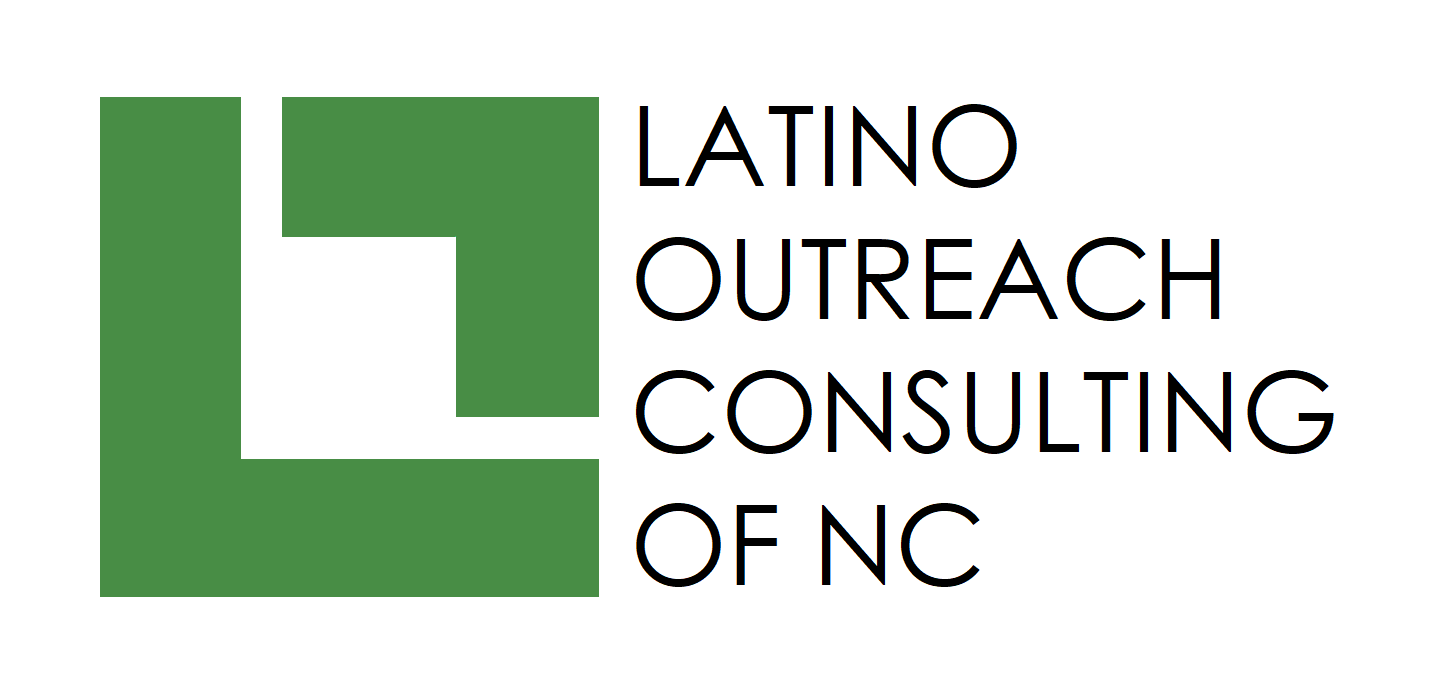So You Want to be an Interpreter?
By Linda Melendez

Obviously you do because you’re reading this. So let’s answer some questions about what it takes to make a successful career as an interpreter.
I speak two languages. Does that mean that I automatically qualify as an interpreter?
No. You can speak two languages and not be very good at interpreting from one to the other. Interpreting is a separate skill that must be developed. A good interpreter understands that thoughts and ideas must be accurately converted from one language to another, not simply words. This requires more than an excellent vocabulary; you need an understanding of the differences in the way of thinking between the two languages and the ability to bridge that gap with accuracy. Basically, you need to have as good as or better language skills than the people for whom you will interpret.
How do I develop my ability to interpret?
Education and practice will help you develop your interpreting skills.
Many would-be interpreters have learned their first language at home, for example, Spanish from their parents, but have never studied the grammar and spelling of the language. If this is your situation, you must obtain more formal education in that language. Visit your local community college, university or continuing adult education services for available instruction. Online courses may be an option. You also need excellent English reading and writing skills. You should be computer literate as well.
Practice can be obtained a number of ways. Informal community interpreting work can be found with friends and neighbors. Offer yourself as a volunteer at hospitals, clinics or schools. Find out if your current employer needs someone to interpret for customers or translate information. (Be sure to double check your translation work with a native speaker for accuracy.) Read out loud in both languages so that you get used to pronouncing unfamiliar words. Switch back and forth between languages as you read. Listen to the radio in one language and interpret out loud to the other. These exercises help train your brain to move with ease from one language to another.
You will also need training in modes of interpreting, Code of Ethics, and Role of the Interpreter.
I have the education and the experience, so I’m good to go, right?
Not necessarily! Cultural and professional skills are as important as language skills.
Cultural skills include:
- General love of people and language
- Familiarity with the cultures in the countries where your working language is spoken
- Interest in and understanding of local, national and international issues
- Ability to broker between two different cultures
Professional skills include:
- Commitment to helping people communicate
- Proper manners and dress
- Pleasant speaking voice and friendly attitude
- Ability to concentrate and focus
- Calm and respectful demeanor under stress
- Willingness to take direction from others
- Dedication to the Professional Code of Ethics
Anyone who wishes to be a professional interpreter would do well to get whatever certification is available from the various professional interpreting associations, societies and government agencies.This shows you want to keep your skills sharp and improve your knowledge. Above all, an interpreter needs to be willing to learn from others, because no one person can know everything about a language and/or culture.
